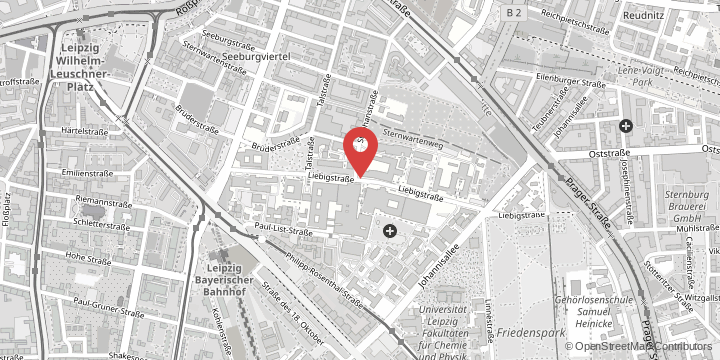In addition to the requirements of research funders, institutional guidelines and the statutes for safeguarding good scientific practice provide guidance for handling research data. The internationally recognised FAIR Data Principles form the basis for good and efficient research data management. Here you will find information on the most important requirements and guidelines.
Statutes of the University of Leipzig
Principles for the management of research data at Leipzig University
These guidelines for research data management at Leipzig University support you in handling your data responsibly. They emphasise quality assurance, integrity, transparency and reusability in all phases of the data life cycle.
View the english translation of the principles
Statutes for safeguarding good scientific practice
The Statutes for Safeguarding Good Scientific Practice at Leipzig University support researchers in honest and responsible scientific work. It defines rules of conduct and responsibilities, including for the handling of research data, with the aim of ensuring the quality and integrity of research and strengthening trust in science.
View the ENGlish translation of the official statutes
Publication guidelines
The publication guidelines at Leipzig University help researchers to make their research visible, accessible, usable and effective and to attribute it correctly and fairly to everyone involved.
General principles and guidelines
FAIR Data Principles
The FAIR Data Principles describe the most important steps for the efficient handling of your research data along the data life cycle (Findable, Accessible, Interoperable and Reusable). They enable loss-free processing, support interpretability, transparency and interchangeability as well as connectivity and reusability.
FDM requirements of research funding organisations
The requirements of research funding organisations for good and appropriate handling of research data are constantly increasing. The DFG and the European Commission in particular require extensive information on RDM when applying for third-party funding. However, other funding organisations, such as the Volkswagen Foundation or federal ministries, also attach importance to planning the handling of research data at the application stage. The requirements are sometimes heterogeneous and change depending on the funding programme.






























































